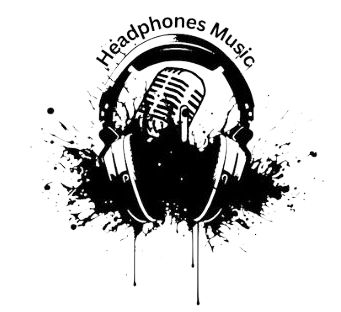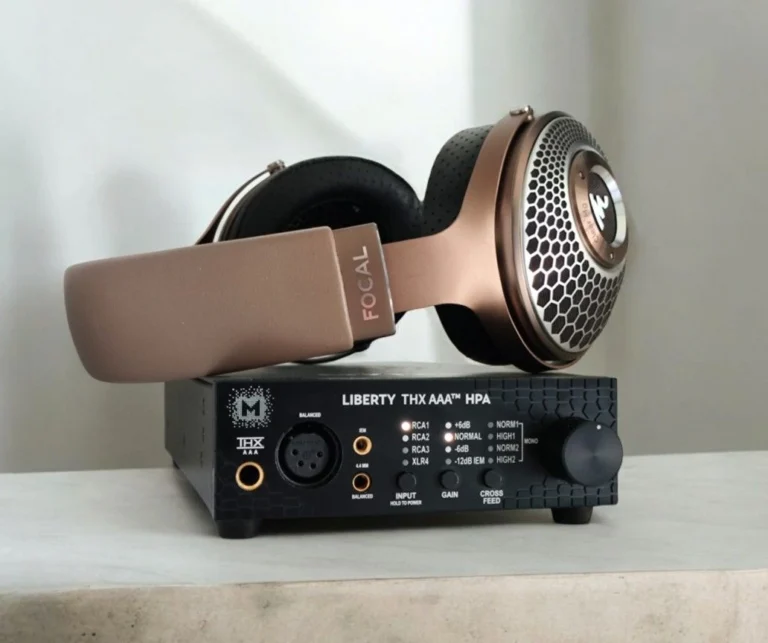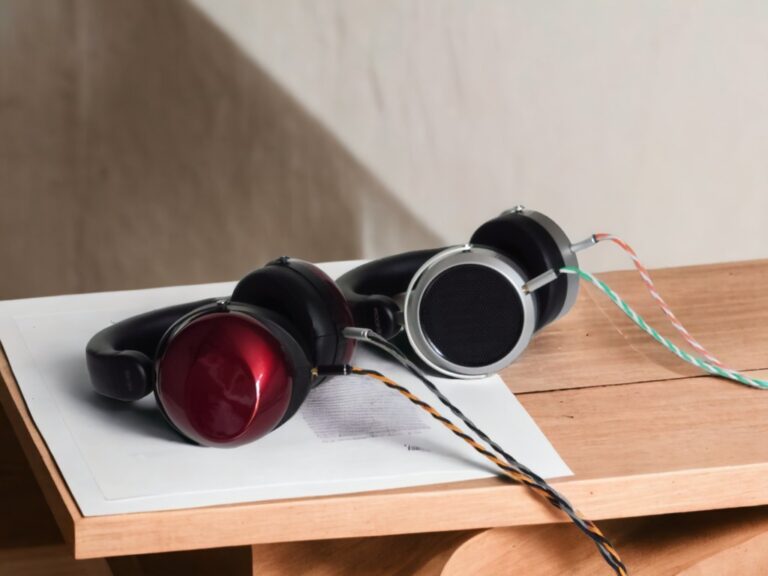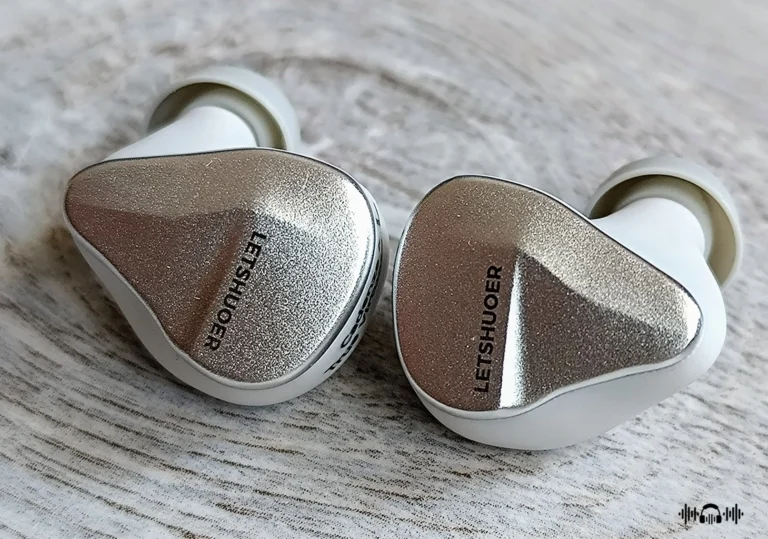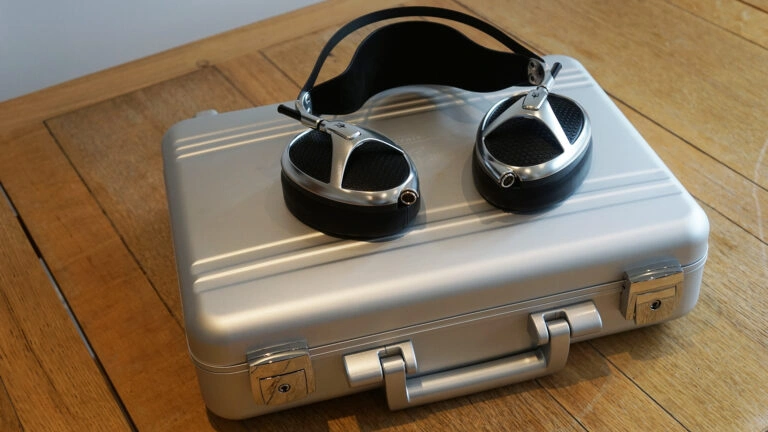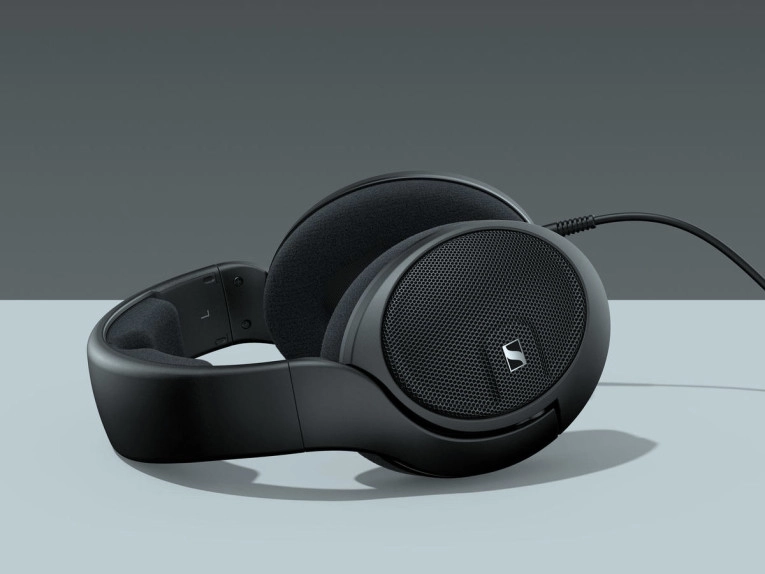The 7 best headphones for mixing and mastering in 2024
A strong mix and master are crucial, as any reputable music producer knows. If anything is muddy, abrasive, or unpolished, it can take the listener out of the moment and destroy the experience. It can make or break the impact of music. I’ll be sharing with you my personal tests and recommendations for the top best headphones for mixing and mastering music in 2024 in this post.
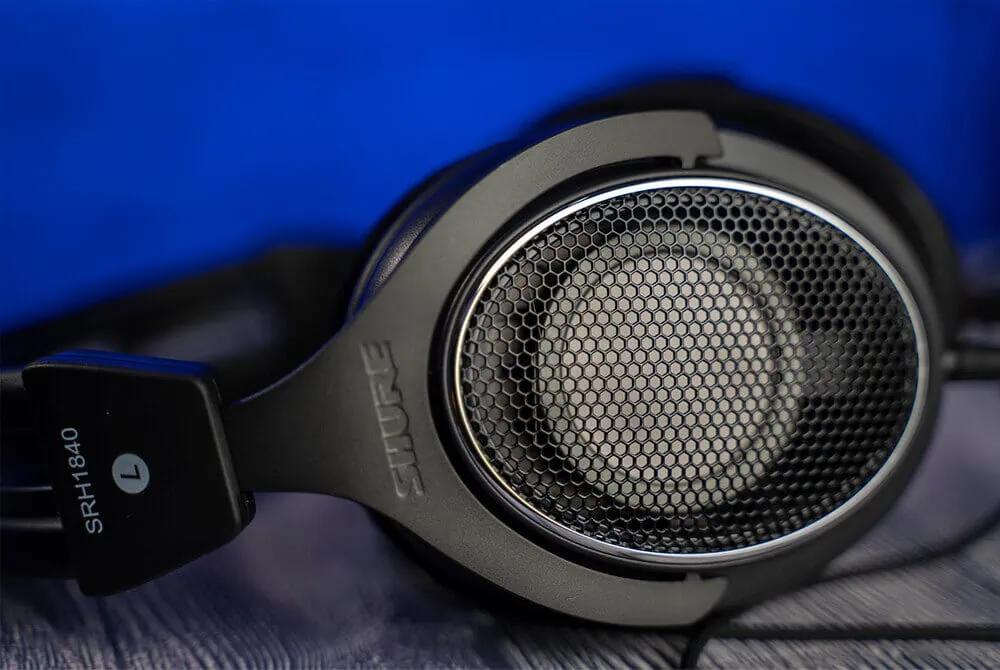
How did I choose the headphones for this list?
A few considerations helped me choose which headphones to include on this list: cost-to-value ratio, frequency response, comfort, and overall professional use consensus.
As previously mentioned, I have personally tested and utilised every set on this list, so even though there might be some innate bias there, I thought that was better than using blind statistics.
Certainly, the factors that ultimately determine which pair of headphones is the best fit for you are solely dependent upon your particular requirements and tastes. Thus, wait to make a decision until you are genuinely satisfied with the result before feeling compelled to do so.

Image: Higher Hz
Visit this page to learn more about how Higher Hz tests and rates studio headphones, as well as why you should trust our reviews.
These are the best headphones you can buy for mixing and mastering:
- Shure SRH1840
- AKG K371
- Beyerdynamic DT 880 Pro
- Beyerdynamic DT 770 Pro
- Sennheiser HD 600
- AKG K712 Pro
- Sony MDR-7506
Shure SRH1840
The best mixing headphones
- Type: Wired
- Design: Over-ear, open-back
- Earcups swivel: No
- Frequency response: 10 Hz – 30 kHz
- Impedance: 65 ohms
- Connectivity: 1/8″, 1/4″ adapter

Image: Shure
For those who are familiar with Shure, the company responsible for some of the most famous and well-known audio gear in history, the SRH1840 are, simply put, the best headphones available.
They’re simple to drive, neutral in their response, and never come across as boring or sterile in replication. Additionally, they are lightweight, comfy, and long-lasting.
I understand that some of you may be sceptical about them, given that they cost over $500, but believe me when I say they are hands down some of the greatest studio headphones for mixing and mastering.
Read the full Shure SRH1840 review to find out more.
What I like
What I don’t like
Not the most affordable on this list.
- Neutral response.
- High-quality audio.
- Lightweight and durable.
AKG K371
The best closed-backs for mixing
- Type: Wired
- Design: Over-ear, closed-back
- Earcups swivel: Yes
- Frequency response: 5 Hz – 40 kHz
- Impedance: 32 ohms
- Connectivity: 1/8″, 1/4″ adapter

Image: AKG
The AKG K371 headphones are unmatched by almost all of their competitors in their price range when it comes to closed-back headphones. Although they still have a tiny V-shape, their frequency response (5 Hz–40 kHz) is significantly more neutral than that of, for instance, the Audio-Technica ATH-M40x.
Yes, there will always be some exaggeration in the highest of highs and lowest of lows, but as these were made on a pretty small budget, it’s acceptable to overlook the smallest discrepancies.
This also applies to their less-than-ideal comfort level and build, which is a minor trade-off for their convenience.
Read the full AKG K371 review to find out more.
What I like
- Relatively neutral frequency response.
- Good cost-to-value ratio.
- Affordable.
What I don’t like
Slight exaggeration in low and high frequencies.
Beyerdynamic DT 880 Pro
Popular for a reason
- ype: Wired
- Design: Over-ear, open-back
- Earcups swivel: No
- Frequency response: 5 Hz – 35 kHz
- Impedance: 250 ohms
- Connectivity: 1/8″, 1/4″ adapter
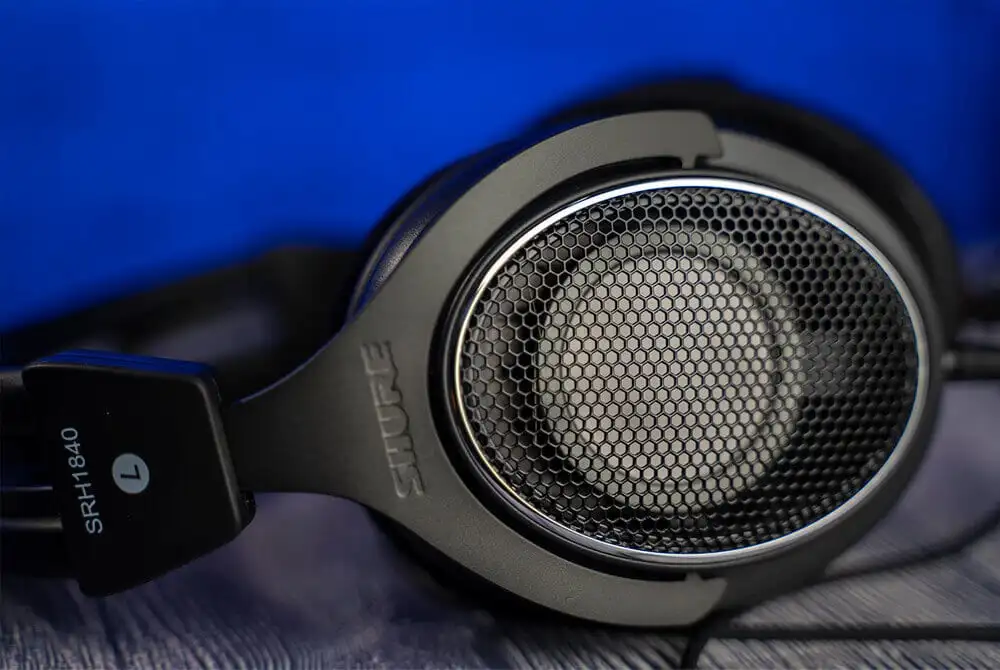
Even though Beyerdynamic is known for having a high end that is a little too clinical and overwhelming, this doesn’t lessen the DT 880 Pro’s appeal as a set of mixing cans.
Their extremely bright sound signature might draw attention to sibilance problems and other imperfections in a mix. If you give your mixes some time to get used to their new personalities, this can really help.
It’s important to remember that there’s a reason why these headphones are so well-liked. They are quite comfy, well-built, and have fantastic sound. This one is obvious if you enjoy vivid sound signatures. Should you choose not to, they still serve as excellent reference headphones.
Read the full Beyerdynamic DT 880 Pro review to find out more.
What I like
What I don’t like
Might be overly clinical-sounding to some.
- It is good to help identify imperfections.
- Well-built.
- Comfortable.
Beyerdynamic DT 770 Pro
A phenomenal budget option
- Type: Wired
- Design: Over-ear, closed-back
- Earcups swivel: No
- Frequency response: 5 Hz – 35 kHz
- Impedance: 250 ohms
- Connectivity: 1/8″, 1/4″ adapter

Image: Beyerdynamic
Perfect, yet another brightly sounding pair of headphones from Beyerdynamic. The DT 770 Pro headphones are comparable to their smaller brother, the DT 880 Pro, though not quite as good.
The frequency response’s previously noted V-shape is a little more pronounced, but not enough to detract from the listening experience. What really sets these headphones apart from the rest is how accurate the midrange is.
But like the DT 880 Pro and DT 990 Pro, these headphones are extremely comfy and long-lasting. These are about $50 less expensive if the DT 880 Pro was something you wanted but couldn’t afford. All things considered, these are among the greatest closed-back headphones available for mixing.
Read the full Beyerdynamic DT 770 Pro review to find out more.
What I like
- Highly accurate midrange.
- Durable and comfortable.
- Affordable.
What I don’t like
Not as accurate as other high-end options.
Sennheiser HD 600
A solid choice
- Type: Wired
- Design: Over-ear, open-back
- Earcups swivel: No
- Frequency response: 12 Hz – 39 kHz
- Impedance: 300 ohms
- Connectivity: 1/8″, 1/4″ adapter
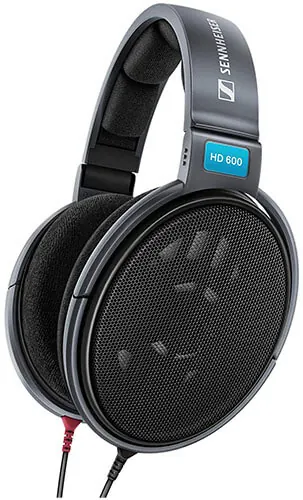
Image: Sennheiser
Regardless of level of experience, the Sennheiser HD 600 headphones are a good option for audio engineers. Although they run the risk of being overly dramatic at the top end, they are generally rather accurate.
You can also benefit from the brightness, particularly if you need headphones for listening critically. Remember that these are open-back headphones, so search elsewhere for a set of cans to take on your commute.
Read the full Sennheiser HD 600 review to find out more.
What I like
- Fairly accurate.
- Good for critical listening.
What I don’t like
Might be too bright for some.
AKG K712 Pro
The underdog
- Type: Wired
- Design: Over-ear, open-back
- Earcups swivel: No
- Frequency response: 10 Hz – 40 kHz
- Impedance: 62 ohms
- Connectivity: 1/8″, 1/4″ adapter

Image: AKG
Despite being an underappreciated option, the AKG K712 Pro headphones are among the best mastering headphones available. Although a little more expensive than the majority of the items on our list, the price is well worth it.
These cans have an incredibly large soundstage. Even when they seem far away, parts of your mix that you previously thought were closer will still sound clear and detailed.
The bass is present but not intrusive, and the highs are silky. To make sure they’re the proper fit for you, I advise you to test them out before purchasing because the sound signature may take some getting used to.
Read the full AKG K712 Pro review to find out more.
What I like
What I don’t like
Somewhat higher price than other options.
- Massive soundstage.
- Smooth highs and balanced bass.
Sony MDR-7506
The affordable industry standard
- Type: Wired
- Design: Over-ear, closed-back
- Earcups swivel: Yes
- Frequency response: 10 Hz – 20 kHz
- Impedance: 63 ohms
- Connectivity: 1/8″, 1/4″ adapter

Image: Sony
There is disagreement over the Sony MDR-7506 headphones. While some regard them as the epitome of headphones for mixing, others write them off as junk and move on, but my viewpoint falls somewhere in the middle.
It’s crucial to remember that these headphones were created in the early days of radio, way back when inconsistencies and problems with voice broadcast engineering were common. Therefore, even though they have withstood the test of time, they are not ideal for mingling.
But they are ridiculously inexpensive and indestructible. Obtaining a set of industry-standard cans is likely the simplest option if you’re interested in owning some.
Read the full Sony MDR-7506 review to find out more.
What I like
What I don’t like
Divisive reputation.
- Good audio quality.
- Durable build.
- Affordable.
Conclusion
Here is a list of the top headphones for mixing and mastering music in 2024 that has been updated. Even though this might not be an exhaustive list, I believe I’ve given you enough details to enable you to make an educated choice on your own.
Recall that your satisfaction with your investment and its ability to advance your musical career are the only things that count and should be prioritised. All other things are jokes.
